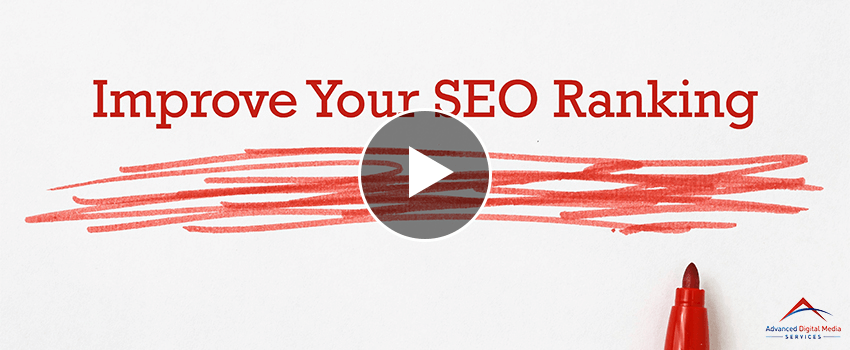A well-optimized website leads to more traffic, more sales, and bigger business.
SEO makes your business noticeable over the thousands of other websites in your industry. It raises brand awareness, strengthens consumer relationships, and reflects your credibility. SEO makes online businesses profitable, and it’s best to understand the Google ranking factors that put websites on top.
Around 95% of users never seem to get beyond the first page of Google results. People make decisions based on the first few results they see. The top spot in Google’s search engine rankings receives the most organic traffic. People trust Google, so anything Google places at the top signals that they should trust the company as well.
How to be on top, and how do you stay on top? The truth is that search engine ranking factors keep on changing, and keeping up with these trends is a challenge. Another truth is, there is no single requirement that makes SEO a success. It combines technical factors, off-page and on-page elements that contribute to your page’s ranking. What you should understand is how Google ranking factors work and how you can strategically adapt to them.
How Do Google Ranking Factors Work?
Google crawls the contents of a website, indexes the optimal pages, and displays them when people search for that information.
When people look for information, they will type in keywords relevant to the business that provides the product or service. However, it is not all about stuffing keywords into your content that matters. The following are Google ranking factors that the tech giant considers while indexing the contents of a page based on search quality ratings:
- The page’s purpose or objective
- The content’s quality, expertise, authority, and trustworthiness
- The website’s information and reputation
- The creator’s information and reputation
- The user’s experience such as time on page, bounce rate, and page loading speed
What Are the Search Engine Ranking Factors?
Do you know how many Google ranking factors are there? There are over a hundred.
However, no matter the number of Google ranking factors, not all of them are equally important. Some are must-haves, but others are not much different from the traditional ones.
Here are the most important Google ranking factors:
1. Page Load Time
Google wants users to enjoy a positive web experience. A website experience refers to how quickly or slowly a page loads, which means that if a page does not load as quickly as it should, it’ll have a significant impact on how users perceive your site. Bounce rates rise when pages take a long time to load. Bounce rates are detrimental to the customer experience and an important Google ranking factor.
2. Accessibility of the Website
Google needs to get to the website’s URL to look at the page and figure out what it’s about. You will need a well-coded website with a robots.txt file and a sitemap for this.
3. Responsiveness
Google understands that people use their phones far more than their computers. As a result, Google began ranking websites based on their friendliness and responsiveness to any device used by the site visitor.
A website’s responsiveness is a crucial Google ranking factor. To be deemed responsive, a website must adjust to any screen size, large or tiny, without sacrificing the relevance of the content presented.
4. Optimized Content
Keywords play a significant role in Google’s search algorithm. It should reflect the information of your website when people search for it. Similar material is a negative Google ranking factor. Original content is always the best. How can you stand out if your content is similar to your competitor?
5. Technical SEO
Your page title, meta description, and picture alt tags should all contain keyword terms — as they are Google ranking factors. This technique aids Google’s crawling and display of your page.
6. User Experience
User experience is another Google ranking factor you should never neglect. Apart from the previously mentioned page speed, Google has a way to verify the following aspects of how you service your customers’ needs:
- Dwell rate: How long did they stay on your page?
- Bounce rate: How quickly did they leave after visiting your page?
- Click-through rate: How many people visited your page after it appeared in the search results?
7. Quality Links
Links — incoming, outbound, and internal – are the foundation of a website. Solid links assist one another and aid in the formation of a strong foundation.
8. Local SEO
Local citations help local searches find your website. Google searches all of the directories where your company is listed to find out more about it.
Call Advanced Digital Media Services
Regardless of how many Google ranking factors there are, ADMS can assist you in achieving the spot that you deserve.
ADMS’s highly qualified personnel are well-versed in the realm of SEO. We research the most up-to-date technologies for assessing changing SEO criteria and do our best to implement them to the websites we build. You can count on outstanding results when you work with ADMS.
Explore our website to learn more about us. Make an appointment to see whether we’re a good fit for you.





